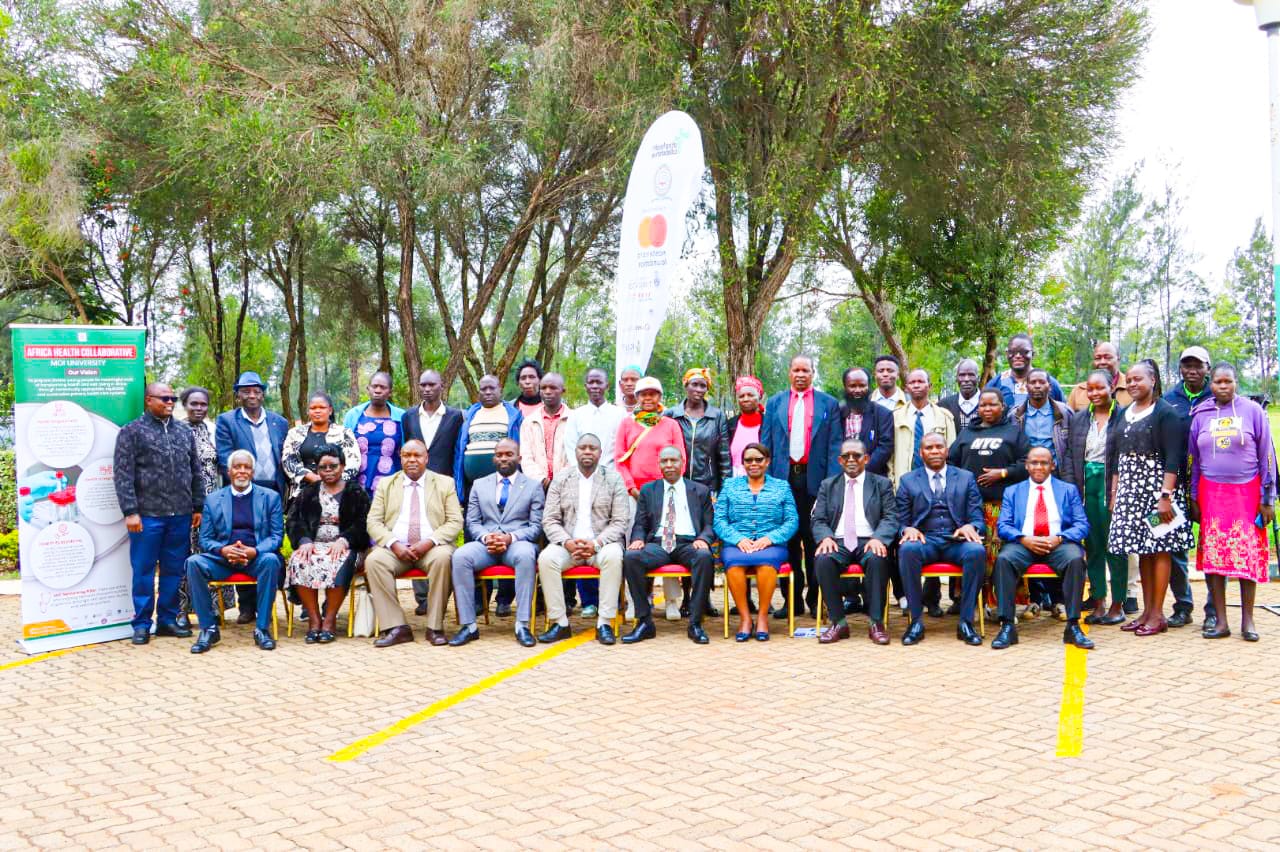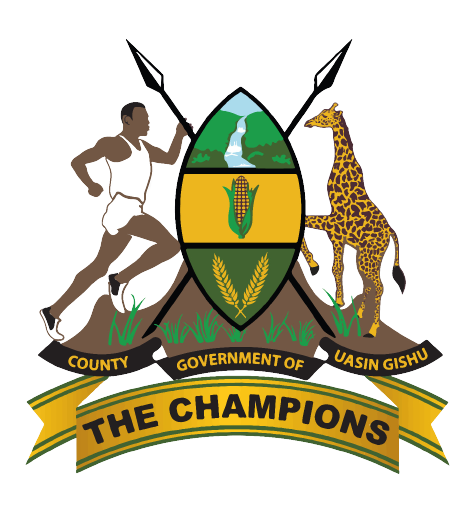The County Government of Uasin Gishu, in collaboration with Moi University and the Mastercard Foundation, on Thursday held a fireside chat at Moi University Annex Campus aimed at reimagining primary healthcare through the integration of traditional healing knowledge and modern medical innovation.
The interactive session brought together traditional healers, researchers, educators, healthcare professionals, and county leaders for a collaborative dialogue on conserving indigenous plant knowledge while advancing scientific research and promoting sustainable healthcare solutions.
Speaking while officially opening the workshop, County Executive Committee Member for Health Services Joseph Lagat lauded the initiative as a progressive step toward integrating traditional medicine into the county’s health system and promoting the sustainable use of medicinal plants.
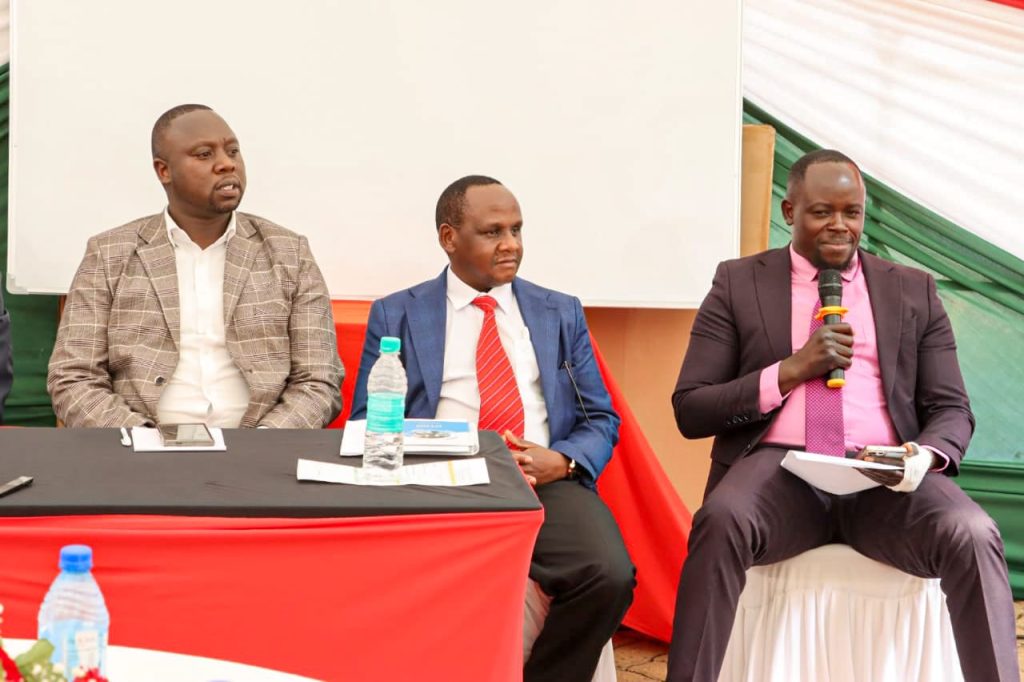
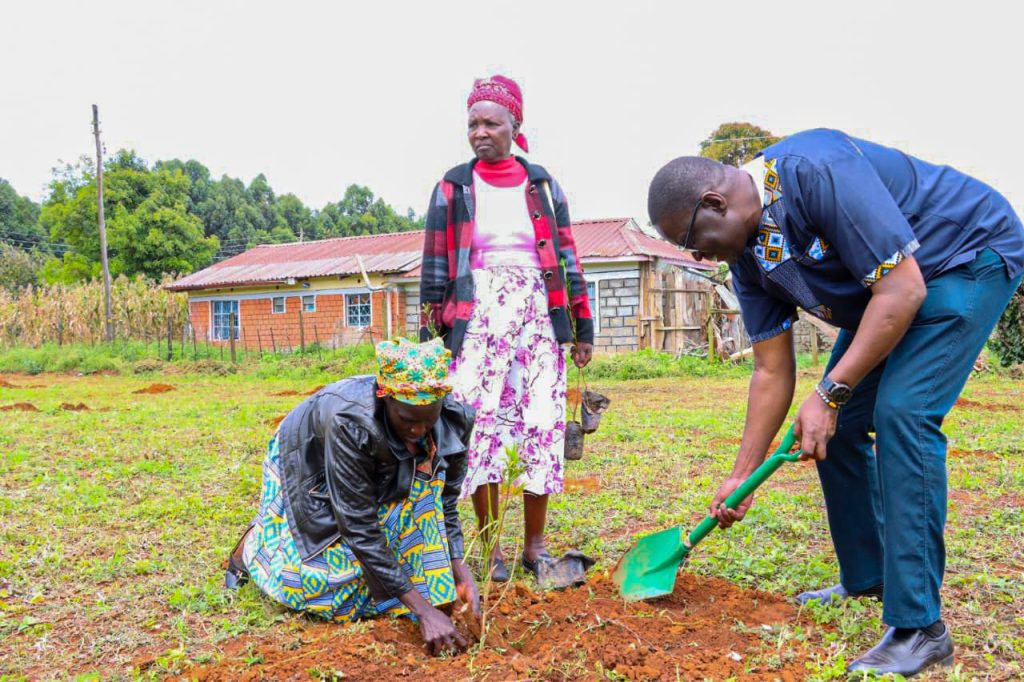
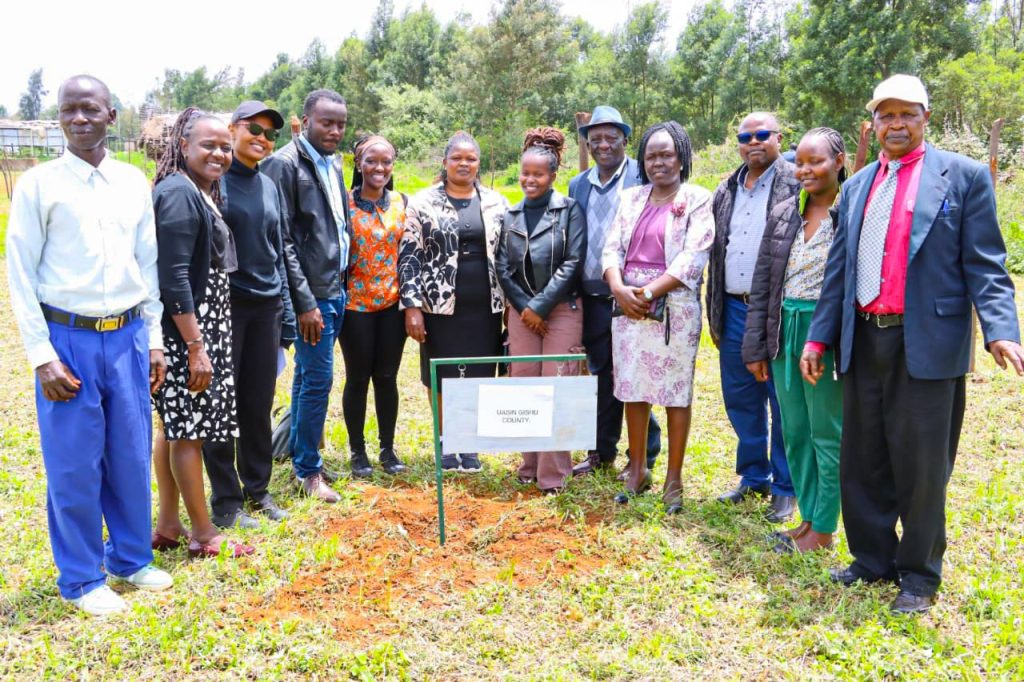
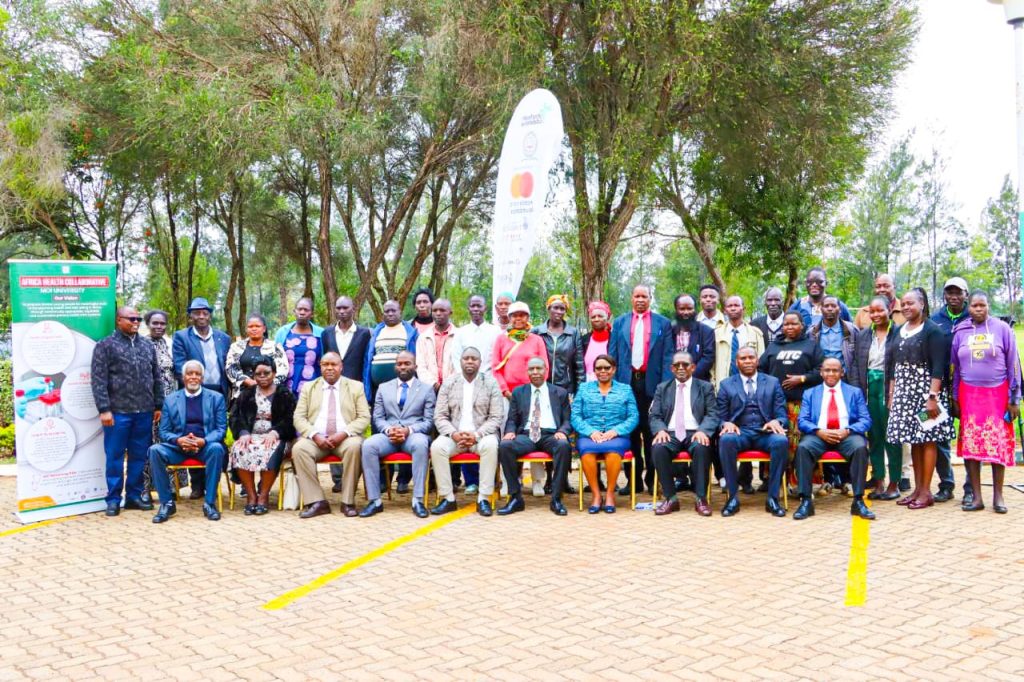
“This conversation is timely and crucial. It offers us a platform to blend traditional herbal knowledge with modern medical research, ultimately improving community health outcomes while protecting our natural heritage,” said Lagat.
Promotive and Preventive Health Chief Officer Dr. Paul Wangwe echoed the CECM’s sentiments and urged residents to take an active role in planting herbal and medicinal trees, noting that the continuous reduction of forest cover threatens both biodiversity and future access to natural medicine.
“As forest lands continue to shrink, it is important that we preserve medicinal plants within our farms and communities. The government will continue to protect these valuable species. If we fail to act now, future generations may lose access to the natural remedies that have sustained our people for centuries,” emphasized Dr. Wangwe.
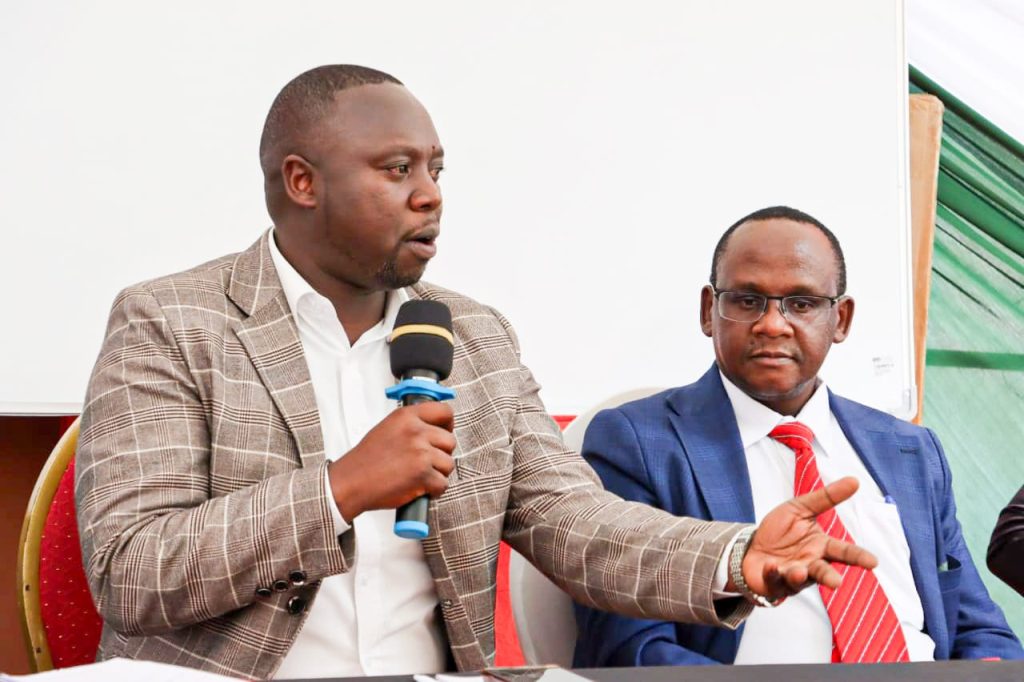
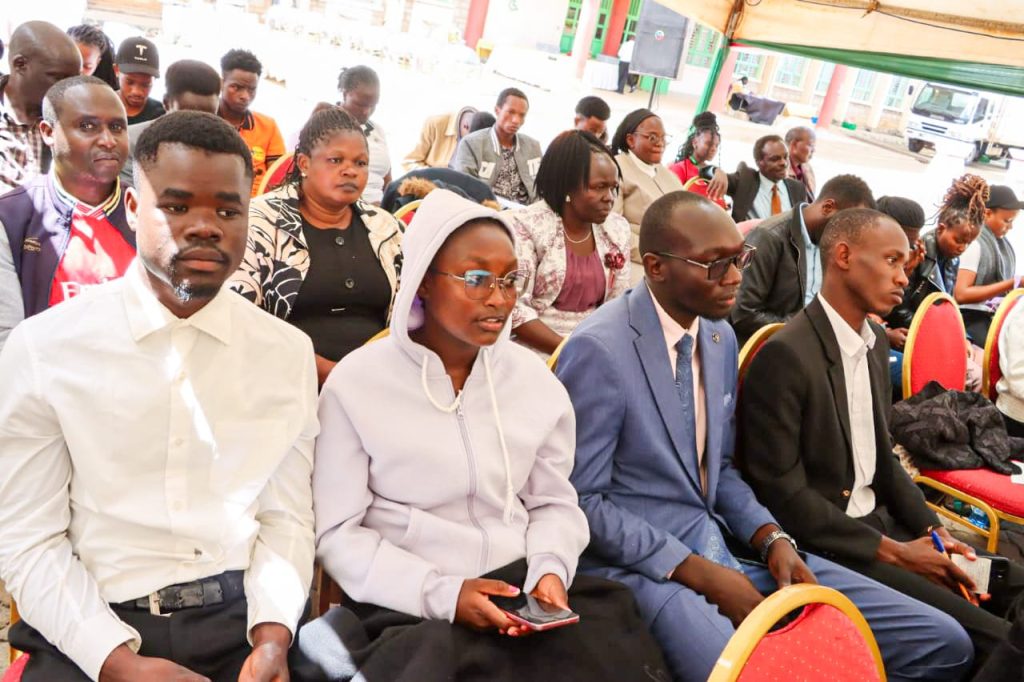
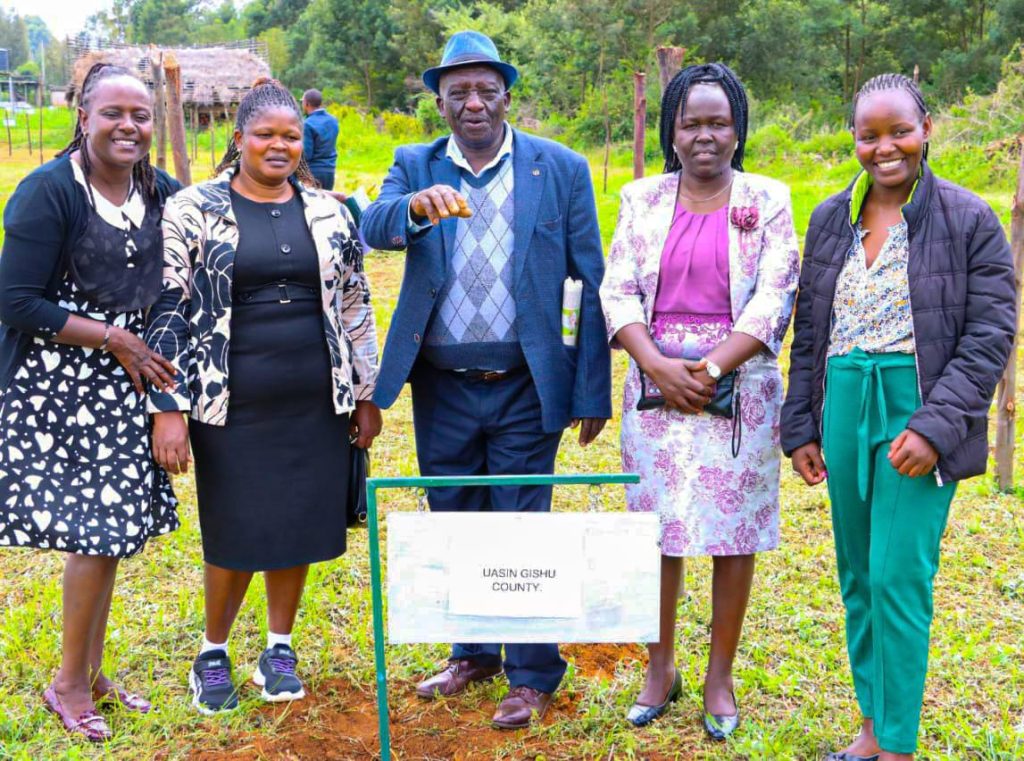
He further noted that traditional healing wisdom has for generations provided affordable, accessible, and culturally accepted remedies for many ailments, particularly in rural communities.
By complementing this indigenous knowledge with modern scientific approaches, the County aims to enhance preventive care, expand treatment options, and promote research-based validation of traditional therapies.
Participants also contributed seedlings of medicinal plants to support the development of the proposed botanical garden, which will serve as a living laboratory for learning, conservation, and innovation in natural medicine.
On his part, Moi University Acting Vice-Chancellor Prof. Kotut reaffirmed the institution’s commitment to fostering collaborative research and advancing community-centered health solutions.
“The proposed botanical garden will not only conserve valuable indigenous plant species but also serve as a hub for academic research, innovation, and cultural preservation,” noted Prof. Kotut.
